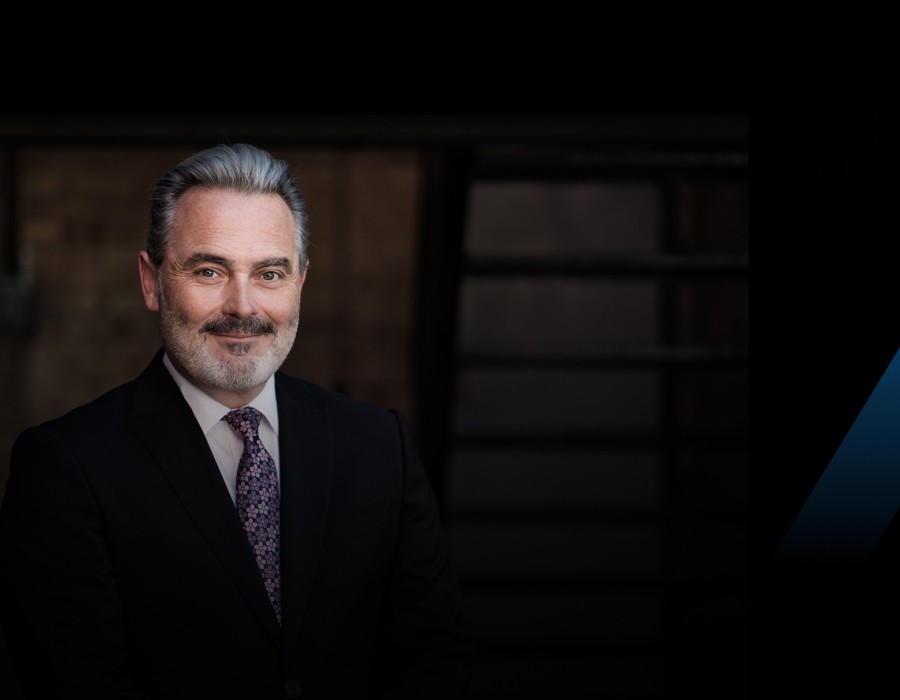Manslaughter is a serious criminal charge that can have significant consequences for those accused. In legal terms, manslaughter refers to the unlawful killing of another person without malice aforethought. Unlike murder, manslaughter typically involves some form of mitigating circumstances or lack of intent. As a manslaughter criminal lawyer, it's crucial to understand the nuances of these cases and provide effective defense strategies for defendants facing such charges.
One of the key distinctions in manslaughter cases is the absence of premeditation or malice. While murder involves deliberate planning or malicious intent to cause harm, manslaughter often arises from reckless behavior, negligence, or heat-of-passion situations. This crucial difference can significantly impact the outcome of a case and the severity of the penalties imposed.
There are generally two main types of manslaughter: voluntary and involuntary. Voluntary manslaughter typically involves intentional killing but is committed in the heat of passion or under circumstances that mitigate the defendant's culpability. This could include situations where the defendant acted in the heat of the moment, without premeditation, due to sudden provocation or extreme emotional distress.
On the other hand, involuntary manslaughter occurs when a person unintentionally causes the death of another through reckless or negligent conduct. This could include actions such as driving under the influence of alcohol or drugs, operating a vehicle recklessly, or engaging in other dangerous activities that result in someone's death.
As a manslaughter criminal lawyer, building a strong defense often involves carefully examining the circumstances surrounding the alleged offense. This may include gathering evidence, interviewing witnesses, and working with experts to establish mitigating factors that could reduce the defendant's culpability. For example, demonstrating that the defendant acted in self-defense, was provoked, or lacked the intent to cause harm can be critical in securing a favorable outcome.
In cases of involuntary manslaughter, demonstrating that the defendant's actions did not meet the legal standard of recklessness or negligence can be key to mounting a successful defense. This may involve challenging the prosecution's evidence, presenting alternative explanations for the incident, or highlighting any mitigating factors that could reduce the defendant's level of culpability.
It's also essential for best Toronto criminal lawyer to advocate for their clients throughout the legal process, from pre-trial negotiations to courtroom proceedings. This includes ensuring that defendants understand their rights, advising them on the potential consequences of various legal strategies, and vigorously defending their interests in court.
In many manslaughter cases, plea negotiations may offer an opportunity to secure a favorable outcome without going to trial. This could involve negotiating for a reduced charge or sentence in exchange for a guilty plea, especially if the evidence against the defendant is strong. However, it's crucial for lawyers to carefully weigh the potential benefits and risks of any plea deal and ensure that it is in the best interests of their client.
Overall, navigating manslaughter charges requires skill, expertise, and a deep understanding of criminal law. By providing effective representation and advocating for their clients' rights, manslaughter criminal lawyers play a crucial role in ensuring fair outcomes in these complex and sensitive cases.






Comments